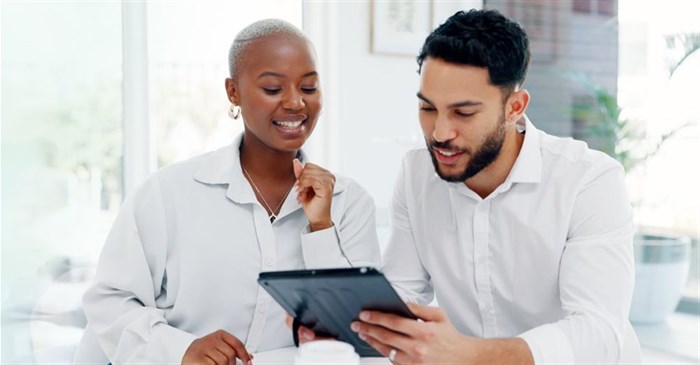
Our collective responsibility, today, almost 30 years later, and going forward, is not only to ensure that these rights and freedoms continue to be upheld, but also that they continue to evolve in line with the changing world around us.
Online harassment and the abuse of women and girls
has become so rampant that it is mirroring what happens offline.
What, for example, does the right to freedom and security of the person mean in the era of digital abuse?
In recent years, the proliferation of information and communication technologies (ICTs) has dramatically shaped our social environments and interactions. It has changed how we live and work and communicate in ways so fundamental that a world without it feels inconceivable and impossible. While much of what ICTs have offered has been beneficial, these innovations have unfortunately also created new avenues for violence and victimisation against the most vulnerable members of society.
Online harassment and the abuse of women and girls has become so rampant that it is mirroring what happens offline. According to the World Health Organisation, one in three women experience physical or sexual violence in their lifetime. The right, on paper, to be free from all forms of violence, is clearly very different in reality.
As frightening as this statistic is on its own, when we consider that women are increasingly experiencing violence and abuse in online spaces, too, it becomes even more alarming. The situation is especially problematic in South Africa, where 56% of women claim to have experienced some form of online harassment. Of this number, 26% report that the abuse made them feel unsafe in their own homes.
As we look at our respective rights and freedoms this month, it’s clear that our understanding of the right to freedom and security of the person has to adapt. We need to consider every possible way in which someone can have this right infringed — including virtually.
As part of this, it is both our collective responsibility and duty to create safer digital spaces for women and girls. There are four steps we should follow as we go about this.
The first step is recognition. We need to acknowledge the severity and extent of online abuse. All too often, women's experiences of harassment and abuse are minimised or dismissed. We need to validate these experiences and recognise the harm they cause.
The second step is education. I believe that you can only protect yourself from threats you are aware of, and this means educating children from an appropriate age on digital safety. This education should include, but not be limited to, understanding how to protect our privacy online, unpacking digital citizenship, recognising the signs of harassment and abuse, and knowing how to report it.
Higher education courses should follow suit by fuelling research into digital safety and best practice guidelines for both the private and public sectors. If we want to make digital spaces safe, we must become informed and responsible digital citizens first.
The third step is accountability. Just as the government is accountable for upholding the Constitution, so digital platforms should be accountable to the people they serve. While policies are often in place to address harassment and abuse, these policies are rarely enforced. The pandemic taught us, however, that AI can detect harmful language (just think of every time you saw a “Learn more about Covid” banner when you used the word “disease”). Words that are threatening or abusive should be identified, too. Tech companies need to protect their users and be held accountable if they fail to do so.
And finally, the fourth step: advancement. We need more women in Stem careers. This should begin at an early age, with young girls in primary and high school being encouraged to take up Stem-related courses and, hopefully, Stem jobs, too. Grassroots programmes like Tuta-Me are invaluable here. They’re working with corporates to help learners in under-resourced schools have access to Stem-aligned resources and to open future doors of opportunity.
Having women in Stem roles and careers is critical if we are going to tackle digital violence effectively. Women need to be writing the code on the platforms in which victimisation is taking place. Only then can we help to address unconscious bias and combat virtual abuse.
We are all entitled to the right to freedom and security of the person — in every scenario, In person and digitally. We need to work together to make this a reality, not just in theory but also in practice. Committing ourselves to this important work is critical if we are to create a world where online harassment and abuse are no longer accepted as tragic norms.
Phemelo Segoe recently travelled to the UN headquarters in New York to deliver a speech as part of the 67th session of the United National Commission on the Status of Women (CSW67). This article is an adaptation of her speech.